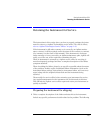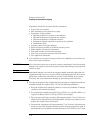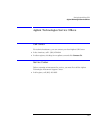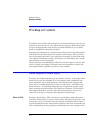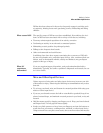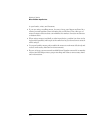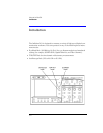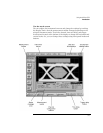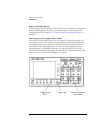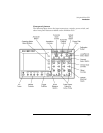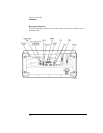
2-3
Working in Comfort
Mice and Other Input Devices
RSI has also been observed in those who frequently engage in activities such
as carpentry, knitting, housework, gardening, tennis, windsurfing and lifting
children.
What causes RSI? The specific causes of RSI have not been established. Nevertheless, the inci-
dence of RSI has been associated with a variety of risk factors, including:
• Too many uninterrupted repetitions of an activity or motion.
• Performing an activity in an awkward or unnatural posture.
• Maintaining a static position for prolonged periods.
• Failing to take frequent short breaks.
• Other environmental and social factors.
In addition, there have been reports associating the occurrence of RSI with
the use of keyboards, mice, and other input devices. Also, certain medical con-
ditions, such as rheumatoid arthritis, obesity and diabetes, may predispose
people to this type of injury.
What if I
experience
discomfort?
If you are experiencing any discomfort, seek professional medical advice
immediately. Typically, the earlier a problem is diagnosed and treated, the eas-
ier it is to resolve.
Mice and Other Input Devices
Various aspects of using mice and other input devices may increase your risk
of discomfort or injury. Observing the following recommendations may reduce
that risk.
• Try to keep your hand, wrist, and forearm in a neutral position while using your
mouse or other input device.
• If you use your thumb to rotate the ball on a trackball or spaceball, keep it in a
relaxed, natural shape, and maintain a neutral posture in your hand, wrist, and
forearm.
• Hold the mouse gently by draping your fingers over it. Keep your hand relaxed
and fingers loose. Do not grip the mouse tightly.
• It takes very little pressure or force from your fingers to activate the buttons or
scroll wheel on your mouse, scrolling mouse, trackball, or other input device.
Using too much force can place unnecessary stress on the tendons and muscles



